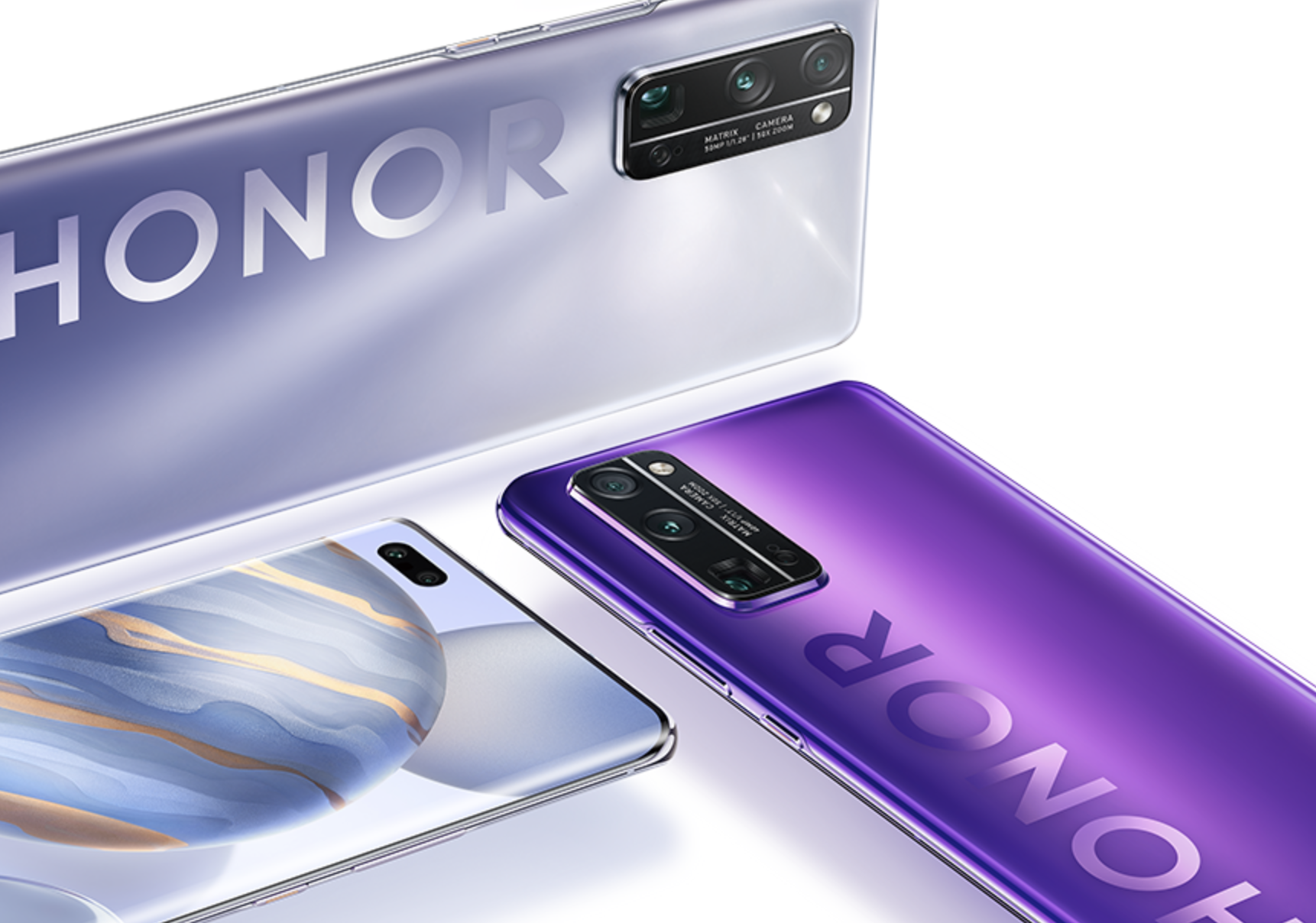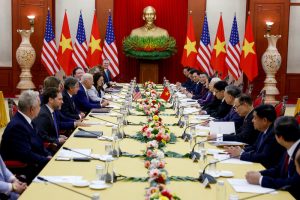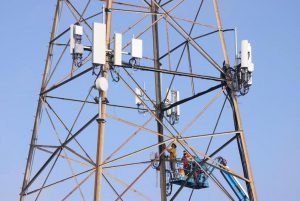(ATF) Honor, the budget smartphone brand that Huawei “divorced” after suffering a chip shortage caused by US sanctions, is reportedly resuming its partnership with Qualcomm, and Honor smartphones powered by Qualcomm’s 5G chips are in the works, local media say.
Honor is currently advancing the research and development of new 5G smartphones using Qualcomm chips, China Securities Journal reported on Tuesday, citing a source from an Honor supplier.
Meanwhile, a later report from Caixin said the Honor-Qualcomm partnership will first focus on mid-range products, and the first 5G smartphones to come from the tie-up are expected to hit the market in May or June, sources familiar with the matter were quoted as saying.
In November, Huawei sold Honor to a consortium of buyers that included agents, distributors, and government-backed entities, as US sanctions were posing threats to Huawei’s hardware supply, including key chipsets for 5G devices. The US Trump administration alleges that Huawei has close ties to China’s government and military and poses a national security threat although the company denies the accusation.
Explaining Honor’s sale, Huawei founder Ren Zhengfei said at a ‘farewell party’ that US sanctions against Huawei threatened millions of jobs, as well as supplies from Huawei’s dealers and agents from 170 countries.
According to Huawei, after the sale it would no longer “hold any shares or be involved in any business management or decision-making activities in the new Honor company”.
Leadership team ‘poached from Huawei’
Honor supposedly became an independent entity, but most of its leadership team was poached from the tech giant. Wan Biao, formerly Huawei consumer business group’s chief operating officer, joined Honor as chairman, and Zhao Ming, formerly Honor’s president, became chief executive of the new company.
With ties with Huawei out of the way, Honor seems to be able to stay clear from the US sanctions.
Just over a month before exiting from office, the Trump administration last month added dozens of Chinese companies, including SMIC and Chinese drone manufacturer SZ DJI Technology Co, to a trade blacklist that already included Huawei. But Honor was not among the companies added.
At Qualcomm’s Snapdragon Technology Summit last month, president Cristiano Amon said that his company was “very pleased with the emergence of a new participant in the market” and that Qualcomm and Honor would “have a dialogue”.
‘Only 4G chips for Huawei’
Regarding Huawei though, Amon told media the company only received approval from Washington to supply 4G chips, computing, and Wi-Fi products – not 5G chips.
Now that Honor is no longer subject to US sanctions, critics have said it will likely become a strong competitor to Chinese rival Xiaomi. Honor chief executive Zhao has said Honor will launch premium smartphones instead of specialising only in budget and mid-range devices.
Xiaomi climbed to third position in the third quarter of 2020 with a 13% global market share, according to IDC data. Huawei lost the top spot to Samsung in Q3.
Analysts from CMB International expect it will take a while for Honor to catch up with Xiaomi, and estimate Honor’s and Xiaomi’s smartphone shipments in 2021 to be 80 million and 200 million respectively.
“Driven by a strong 5G product line, a global sales network, and a robust supply ecosystem, we expect Xiaomi’s shipments in 2021 to increase by 34%,” they said.
Huawei established Honor in 2013 but the business mostly operated independently. Honor sells smartphones through its own websites and third-party retailers in China where it competes with Xiaomi, OPPO and Vivo in the market for lower-priced handsets. It also sells its phones in Southeast Asia and Europe.
Honor, a line aimed primarily at younger or more budget-conscious buyers, made up 26% of the 51.7 million handsets Huawei shipped in July-September last year, showed estimates from researcher Canalys. Honor’s products also include laptops, tablet computers, smart TVs and electronic accessories.
Honor last month announced an agreement to install Microsoft’s Windows 10 operating system, rather than Huawei’s less-established Harmony OS, in its laptops as it sought to reestablish links to American suppliers.
























